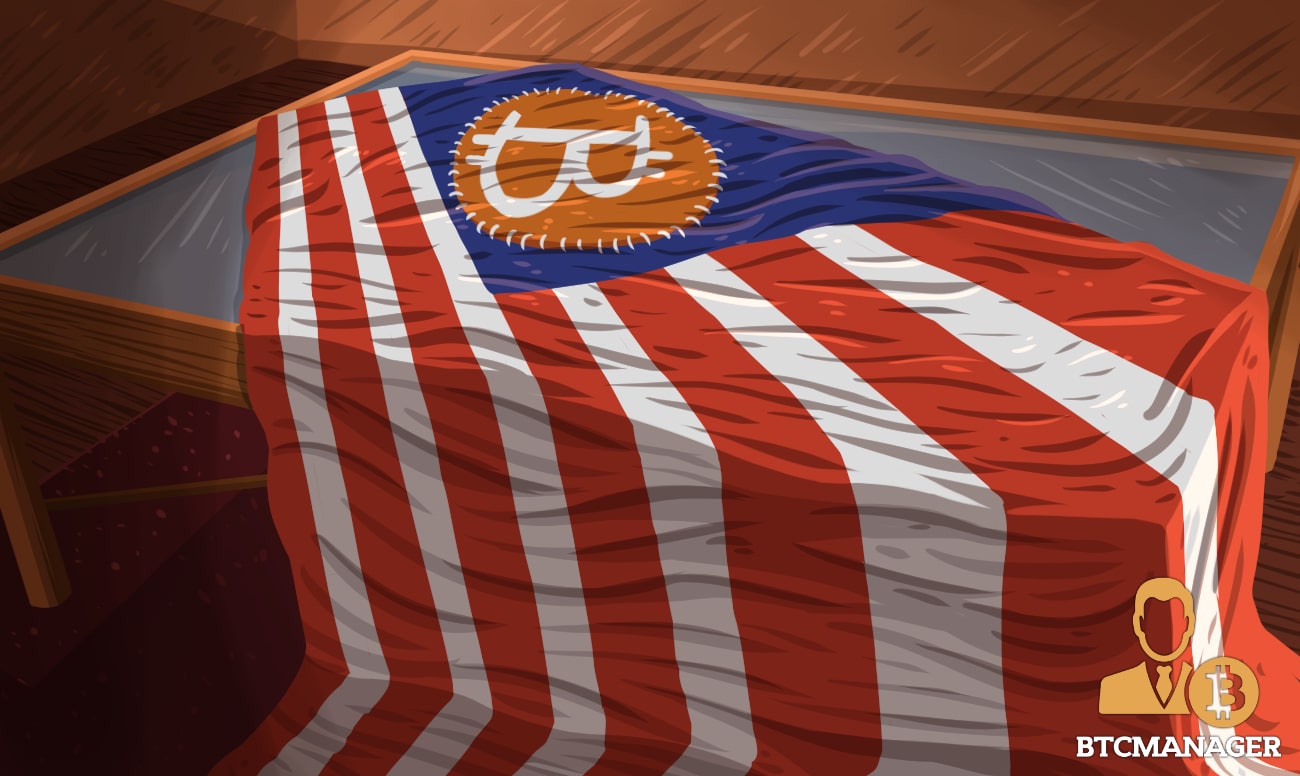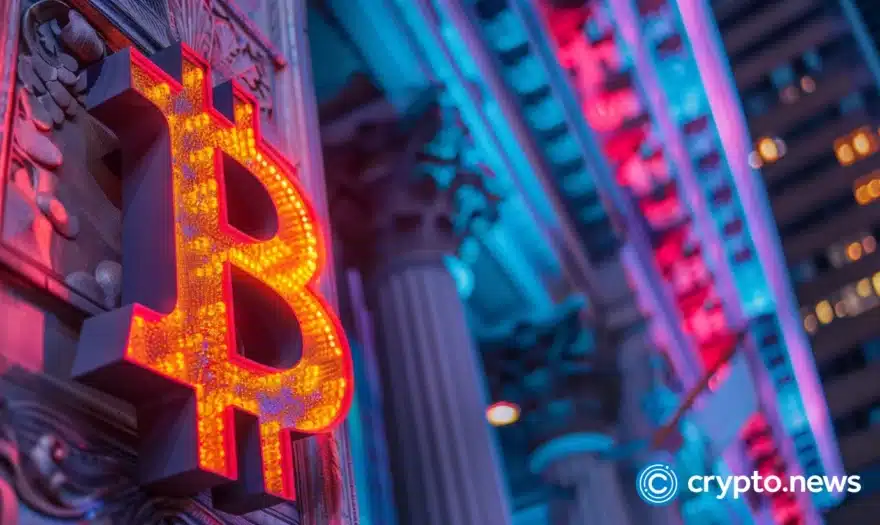Former U.S. Fed Chairman Alan Greenspan Discusses Digital Currencies and Libra

Alan Greenspan, the second longest-serving chairman of the Federal Reserve, has denounced sovereign digital currencies as pointless at an economic conference in China. According to CNBC, Greenspan also criticized Facebook by claiming that the sovereign credit of the United States was stronger than anything Facebook could create or imagine, November 12, 2019.
Old School Clashing with New Age Economics
Central bankers and supranational agencies all across the globe have suddenly been awoken from a deep slumber as they ponder over how to save their authority from the clutches of permissionless money. In their attempt to meet the private sector eye-to-eye from an innovation standpoint, regulators are looking at digital currencies with optimism.
Old school economist, and ex-Fed Chairman, Alan Greenspan, begs to differ, Greenspan is of the acute view that digital currencies are pointless. Although he hasn’t provided much depth to his context to his statement, Greenspan has always been a monetarist, meaning he believes economic growth mainly stems from the central bank’s management of money supply.
While on the topic of digital currency, Greenspan dismissed Libra by stressing on the strength of United States sovereign credit. What Greenspan seems to be missing is the fact that Libra is not being positioned as a dollar competitor, but rather a dollar strengthener. The underlying basket from which Libra attains its value will primarily consist of the dollar and United States treasury bonds.
Economic Paradigm Shift
To some, Alan Greenspan is an esteemed economist who oversaw the growth of the free world in the 1990s; to others, he is the architect of the 2008 financial crisis.
Economic conditions during the 1990s was a completely different world compared to today’s debt-ridden economies. Not only may Greenspan’s way of thinking be limited at this point, but his comments on Libra stand as evidence that he doesn’t fully understand what it is meant to be.
The core of economics has greatly shifted, as developed countries are plagued by more nuanced economic problems and low growth rates. During the reign of Greenspan and his predecessor, Paul Volcker, the goal was to the bring inflation down significantly, while the inverse holds today. It’s safe to say economic paradigms are shifting and someone like Alan Greenspan may not be the best judge of how global economics must evolve.











